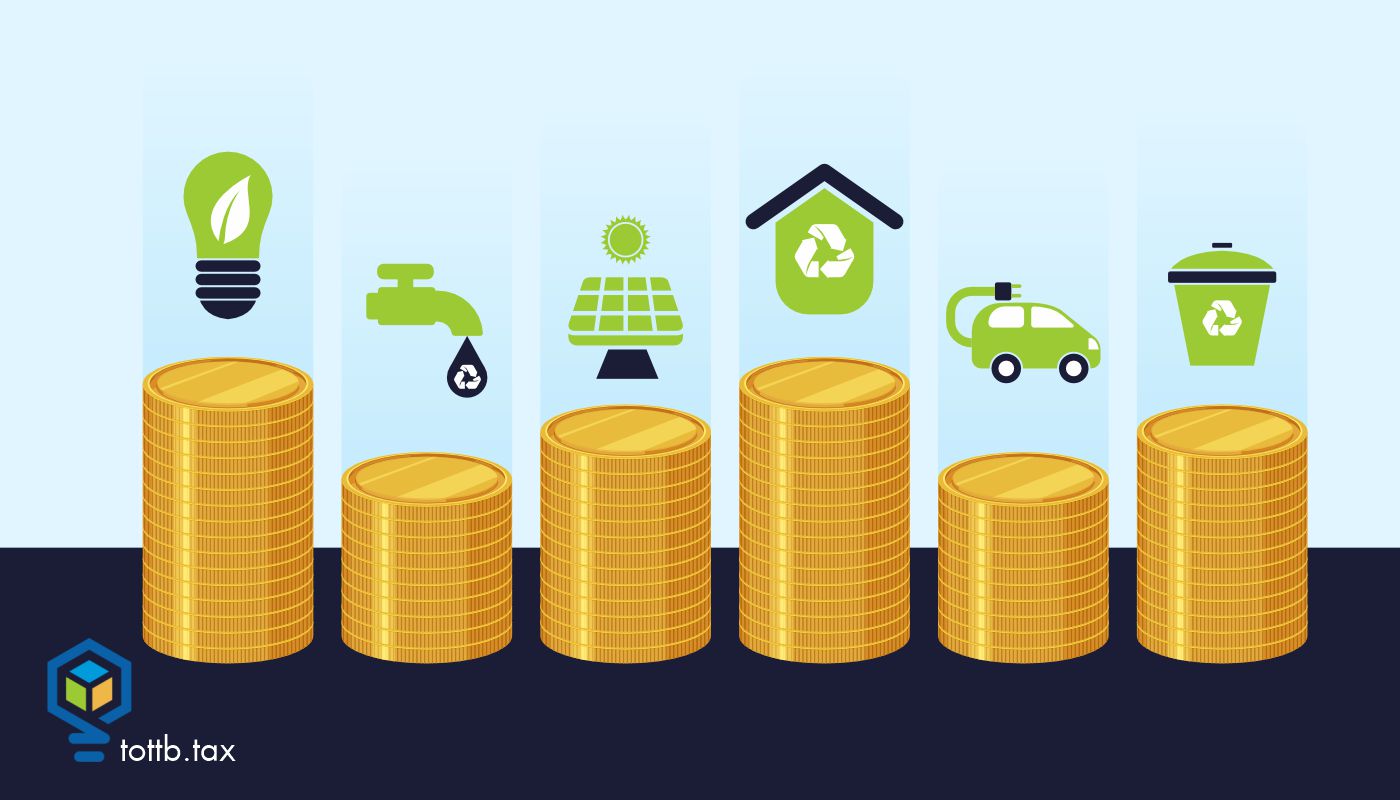LOOKING FOR LEGAL WAYS
TO REDUCE TAX?
New tax reduction strategies carefully explained and exhaustively researched every two weeks. Receive breaking news updates on tax law changes. Members only monthly AMA with TOTTB.tax.
WE PUBLISH TAX STRATEGIES FOR…
FEATURED CONTENT
Hobby Loss Developments in 2023
The laws of tax planning that I developed over my writing career that will be expounded in the upcoming Reilly’s Laws of Tax Planning, published by Think Outside the Tax Box, lean a little on the conservative side, as tax planners use the term – conservative versus aggressive, not conservative versus liberal. This results, in large part, from their primary source being court decisions. The 18th law stands out from the others in this regard. “Honest objective trumps realistic expectation” encourages practitioners to be somewhat more aggressive in claiming losses from activities that seem a little dubious . I still hold that view, even though there have been no encouraging developments in 2023. Here is a roundup on the action last year through December 2, 2023.
Read MoreCURRENT EDITION

Renewable Energy Tax Credits: An Opportunity to Sustainably Optimize Taxes
Investment Tax Credits (“ITCs”) and Production Tax Credits (“PTCs”, and together with ITCs, “RETCs”) have existed for decades and reflect the U.S. government’s commitment to incentivizing clean energy solutions in industry and commerce. The availability of RETCs was most recently extended by the Inflation Reduction Act of 2022 (“IRA”), which fundamentally transformed policy in this space by tying such credits’ expiration to the U.S. reaching certain targets for greenhouse gas reductions. While the recent change in Executive Branch leadership casts doubt over the longevity of RETCs, a full repeal seems unlikely given the scope and scale of domestic projects which utilize and benefit from such credits. This article discusses how RETCs may benefit both buyers and sellers in an increasingly uncertain environment.

DeFi-nitely Confusing: Final Regulations for Digital Asset DeFi Brokers
Well, at least the treasury department is true to form. They have ruined yet another international trip for me, which is the third time if you’re keeping track at home. This time it was a weekend trip to Toronto, which coming from upstate New York is technically “international,” yet somehow substantially closer to home than New York City. Late afternoon on the Friday before New Year’s Eve, the Treasury released another 115 pages of Digital Asset Regulations, along with a 13 page notice for good measure. As we’ve discussed previously on TOTTB, the last set of regs punted on a number of more complex crypto issues. This most recent release is all about one of those issues, Decentralized Finance, better known as “DeFi.”

Pig Butchering Can Slaughter Your Clients’ Finances
People use the online space to look for love, make business and financial decisions. And all of these decisions can have serious tax implications. That is why as trusted financial and tax advisors, it is important for us to be aware so we can help protect our clients. In 2024, the Federal Trade Commission released a report showing consumers reported losing $4.6 billion in investment scams. That’s only the amount reported, so our clients are at risk if they are online making financial decisions. Today, let’s look at a newer player in the online investment scam arena: pig butchering. If you’re like me, you’re probably thinking “what in the world does this have to do with taxes?” Unfortunately, everything. It leads to taxpayers receiving tax bills for money they withdrew but lost as victims of theft.
SIMPLIFIED TAX STRATEGIES &
PRACTICAL IMPLEMENTATION
Think Outside the Tax Box provides tax reduction strategies along with practical
implementation advice in order to reduce your clients’ federal tax bill with ease.







